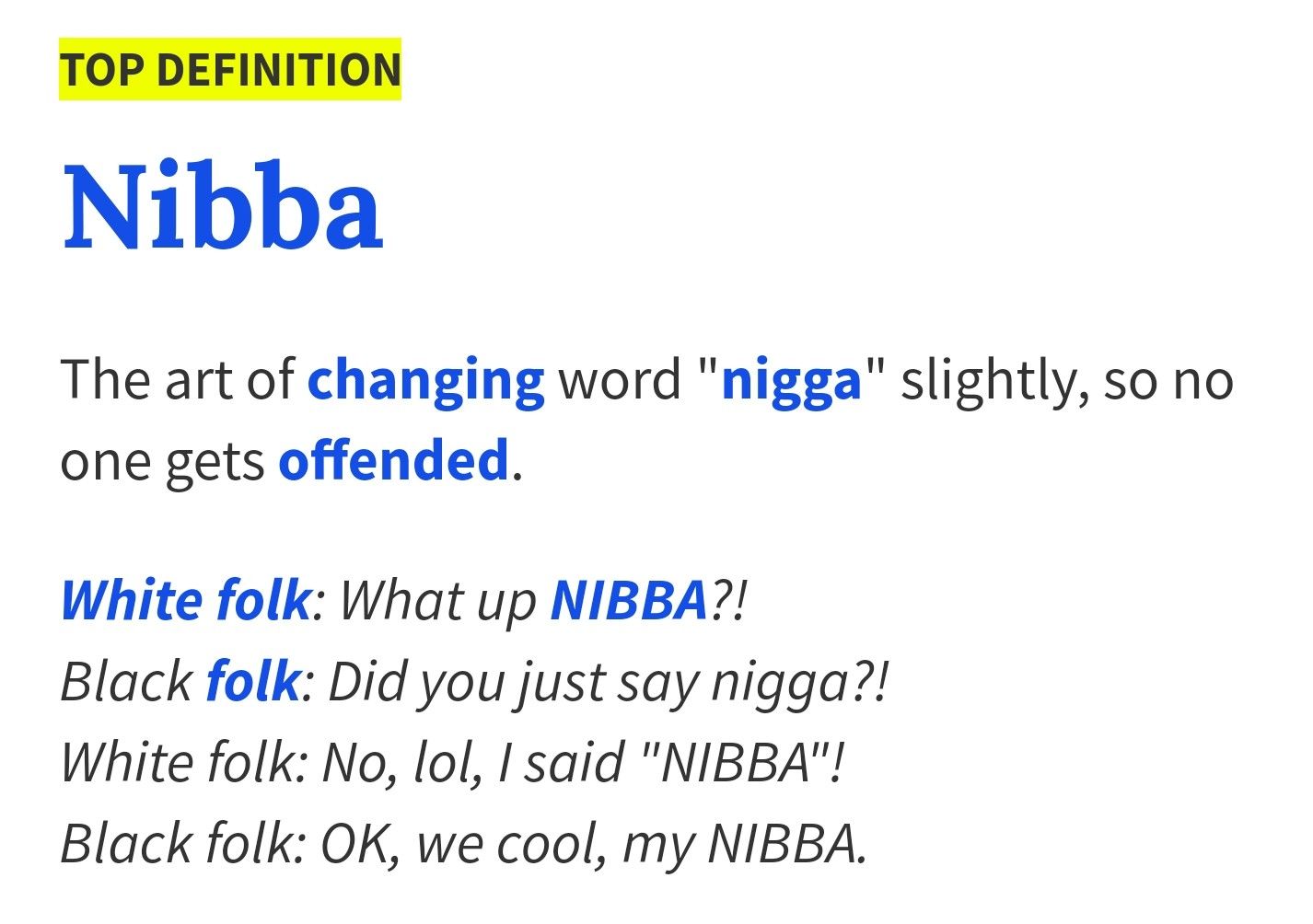

In jurisdictions with a high proportion of First Nations people, such as the Northern Territory of Australia, where approximately 30% of the population is Aboriginal or Torres Strait Islander peoples and 70% of health system users are Aboriginal or Torres Strait Islander peoples ( Li et al. In Australia, these organisations include, for example, the Federal Government, state governments and medical organisations ( National Aboriginal and Torres Strait Islander Health Standing Committee 2016 Northern Territory Health 2016 Indigenous Allied Health Australia 2019 The Royal Australian College of General Practitioners 2020). In Australia, the term ‘cultural responsiveness’ is recommended by the organisation, Indigenous Allied Health Australia, referring to strengths-based, action-orientated approaches that enable Aboriginal and Torres Strait Islander people to experience cultural safety ( Indigenous Allied Health Australia 2019).įirst Nations cultural training for staff has been recognised as essential by government, numerous healthcare organisations, tertiary education facilities and extended training programs. They differ in their relative focus on individual versus system change, and on a focus for health workers to understand their own culture versus that of another. 2014).Ī range of frameworks exist for health worker training in First Nations’ cultural education, including cultural awareness, cultural competence, transcultural care, cultural safety, cultural security and cultural respect ( Downing et al. It is often promoted as a strategy to address health inequities, although evidence linking cultural competence to patient outcomes is scarce and of relative low quality ( Horvat et al. It is defined as the ability to understand and interact effectively with people from other cultures. 2015).Ĭultural competence is a broad concept, which includes strategies to improve access to health services and health outcomes for diverse peoples ( Clifford et al. First Nations people, in countries such as Australia, Canada, New Zealand and the USA, have particular needs for culturally competent health care because of historical and intergenerational trauma ( Pulver et al. 2016 Australian Institute of Health and Welfare 2020). 2015 United Nations Department of Economic and Social Affairs 2015 Anderson et al. Internationally health disparities and marginalisation, including barriers to health care, for First Nations people impacted by ongoing colonisation is well documented ( Pulver et al. There remains limited evidence of the effectiveness of cultural education programs alone on community or patient outcomes. Providing culturally safe health care should be routine practice, particularly in places where there are concentrations of First Nations peoples, yet there is relatively little research in this area. The methodological quality of evaluations and the reporting of methodological criteria were moderate.Ĭonclusions: Cultural competency education programs can improve knowledge, attitudes and confidence of healthcare workers to improve the health of First Nations peoples. The main positive outcomes reported were improvements in health professionals’ attitudes and knowledge, and improved confidence in working with First Nations patients.

Results: Thirteen published evaluations were identified 10 for Australian Aboriginal and Torres Strait Islander peoples. Information on the characteristics and methodological quality of included studies was extracted using standardised assessment tools.

Methods: In total, 13 electronic databases and 14 websites for the period from January 2015 to May 2021 were searched. This article describes the characteristics of recent educational interventions designed to improve cultural competency in healthcare workers for First Nations peoples of Australia, New Zealand, Canada and the USA. Background: Cultural competency is often promoted as a strategy to address health inequities however, there is little evidence linking cultural competency with improved patient outcomes.


 0 kommentar(er)
0 kommentar(er)
